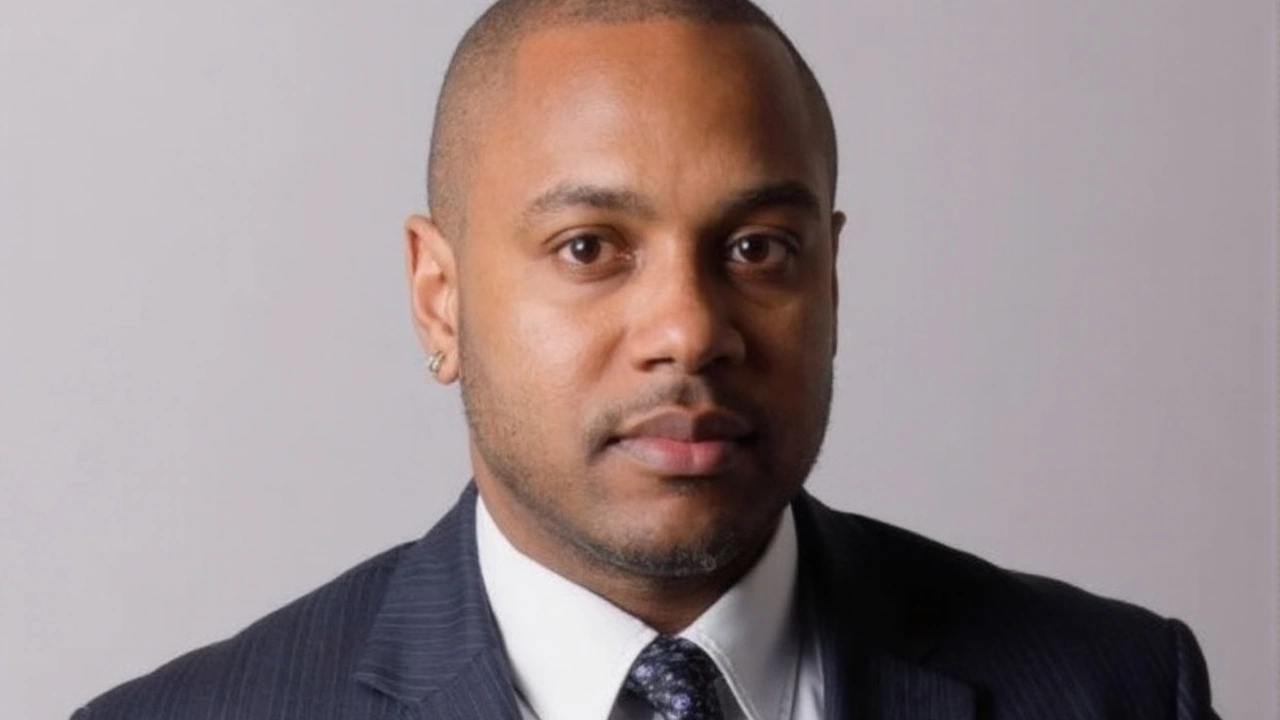Libel Case: What It Means and Why It Matters
When a news article, blog post, or social media update harms someone's reputation, a libel case can follow. In simple terms, libel is a written false statement that damages a person’s or company's image. If the statement is proven false and the claimant suffers loss, a court can order the publisher to pay damages. Understanding the basics helps you spot risky content before it goes public, and it protects you from costly lawsuits.
Key Elements of a Libel Case
First, the statement must be published – that means it appeared anywhere someone else could read it, from a newspaper to a tweet. Second, the statement has to be false; truth is a complete defense in most jurisdictions. Third, the claimant must show that the false statement caused real harm, like lost sponsorships or personal embarrassment. Finally, the plaintiff usually needs to prove that the publisher acted negligently or with actual malice, especially if the subject is a public figure. These four pillars shape every libel lawsuit and guide how judges decide the outcome.
Recent Libel Cases in Sports and Media
Sports journalists love a good scandal, but a careless headline can land them in court. Last year, a popular football blog claimed a star player used performance‑enhancing drugs without proof. The player sued for libel, and the court ordered the blog to retract the story and pay a hefty settlement. The case reminded outlets that speculation isn’t a safe shortcut. Another example involved a TV pundit who accused a coach of match‑fixing based on rumors. The coach won the case, showing that even off‑hand comments can be risky if they aren’t backed by solid evidence.
These cases illustrate why media covering sports need solid fact‑checking. It’s not just about protecting reputations; it’s about keeping the audience’s trust. If you run a fan site or post commentary, double‑check any serious claim. Ask: Is there a reliable source? Can the claim be verified? If the answer is no, it’s better to leave it out.
For athletes and clubs, knowing how libel works can protect their brand. Many teams now have legal teams that review press releases before they go live. They also train players on how to interact on social media, because a single ill‑thought tweet can trigger a defamation claim. In turn, these proactive steps reduce the chance of costly legal battles and keep the focus on the game.
So, whether you’re a writer, a fan, or a sports professional, keep these points in mind: publish only verified facts, understand the harm caused by false statements, and respect the legal thresholds of negligence or malice. By following simple rules, you’ll stay out of the courtroom and let the sport speak for itself.
Noel Clarke Loses Libel Fight with The Guardian Over 2021 Allegations
Actor and filmmaker Noel Clarke’s libel claim against The Guardian was dismissed on Aug. 22, 2025 after a six‑week trial. The case covered eight articles, the most prominent being a 2021 piece that labeled him a sexual predator. The court accepted the newspaper’s public‑interest defence, finding its belief in the story reasonable. Clarke’s claim was thrown out and no damages were awarded.
